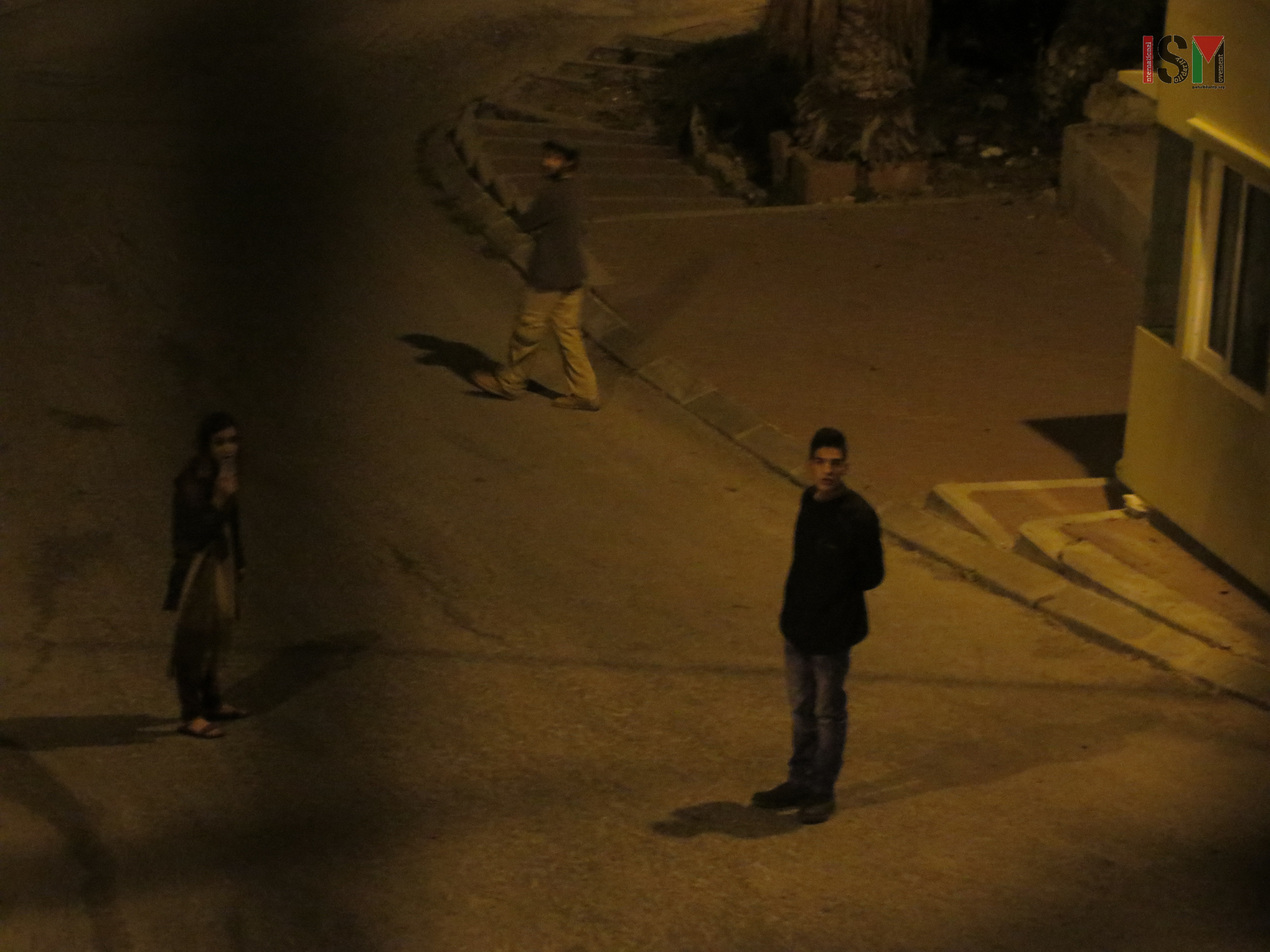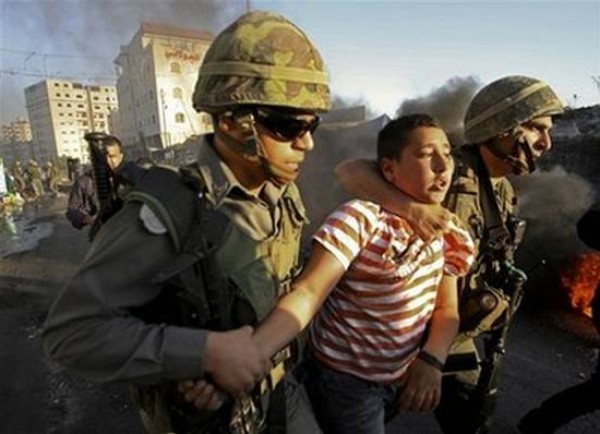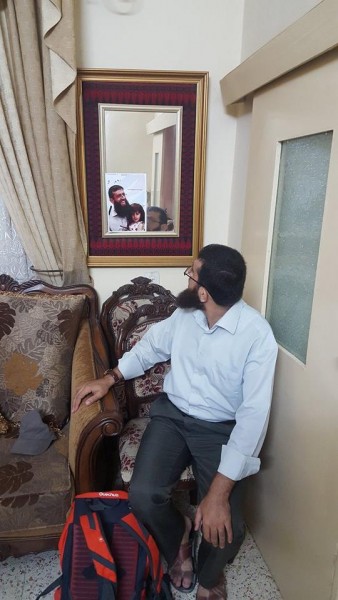-
Israeli settlers trespass & attempt to enter the home of international human rights workers
26th October 2015 | International Solidarity Movement, al-Khalil team | Hebron, occupied Palestine On October 25th, around 2am, strange noises could be heard through the window of an apartment in Tel Rumeida where nine international human rights activists are currently living. Upon further inspection, four adult male settlers were identified, trespassing on the property. In […]
-
Palestinian voice speaks out: Twenty war crimes in a month by Israeli soldiers against Palestinians
24th October 2015 | International Solidarity Movement, Hamza Khalil Abu Eltarabish | Gaza Strip, occupied Palestine Hamza Khalil Abu Eltarabish is a freelance journalist who graduated from the Islamic University of Gaza The young Palestinian man Fadi Alon performs the dawn prayers in his home in the west of Jerusalem and browses his Facebook and […]
-
Portrait with Fire: Khader Adnan
24th October 2015 | International Solidarity Movement, al-Khalil team | Anata, occupied Palestine “Some people think being jailed is a destiny. I say freedom is a destiny.” In Heather Christle’s stirring poem, Self Portrait with Fire, bending to conceal flaming legs, (s)he sets the grass on fire. On this day, sitting with Khader Adnan, Palestinian […]
Action Alert An Nabi Saleh Apartheid Wall Arrests BDS Bethlehem Bil'in Cast Lead Demonstration Denial of Entry Ethnic Cleansing Farmers Gaza Global Actions Hebron House Demolition International law Israeli Army Jerusalem Live Ammunition Nablus Ni'lin Prisoner Ramallah Rubber-coated steel bullets Settlement Settlers Settler violence Tear-Gas Canister Video



